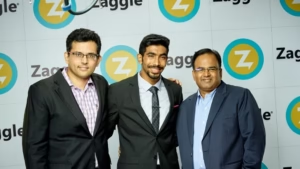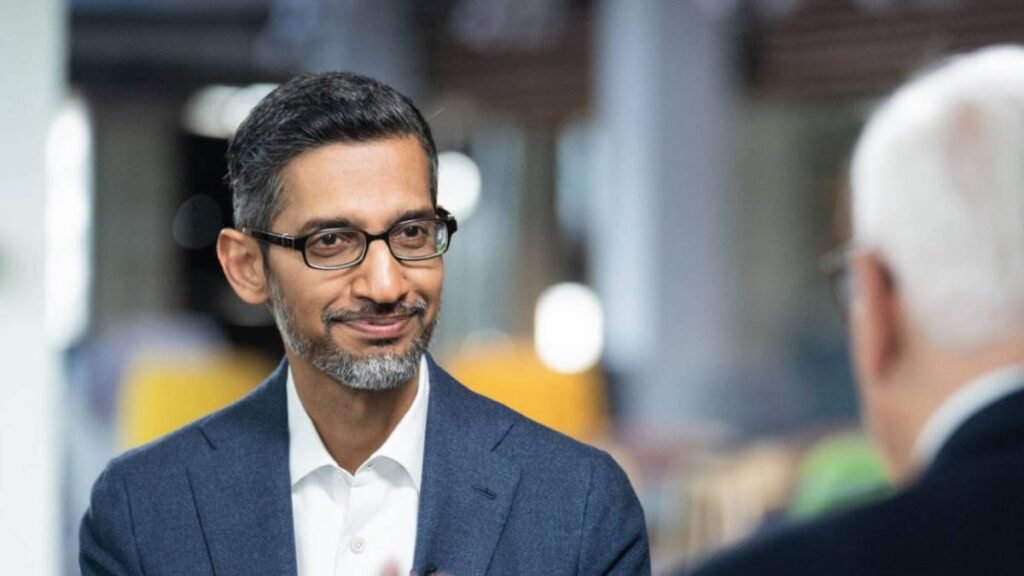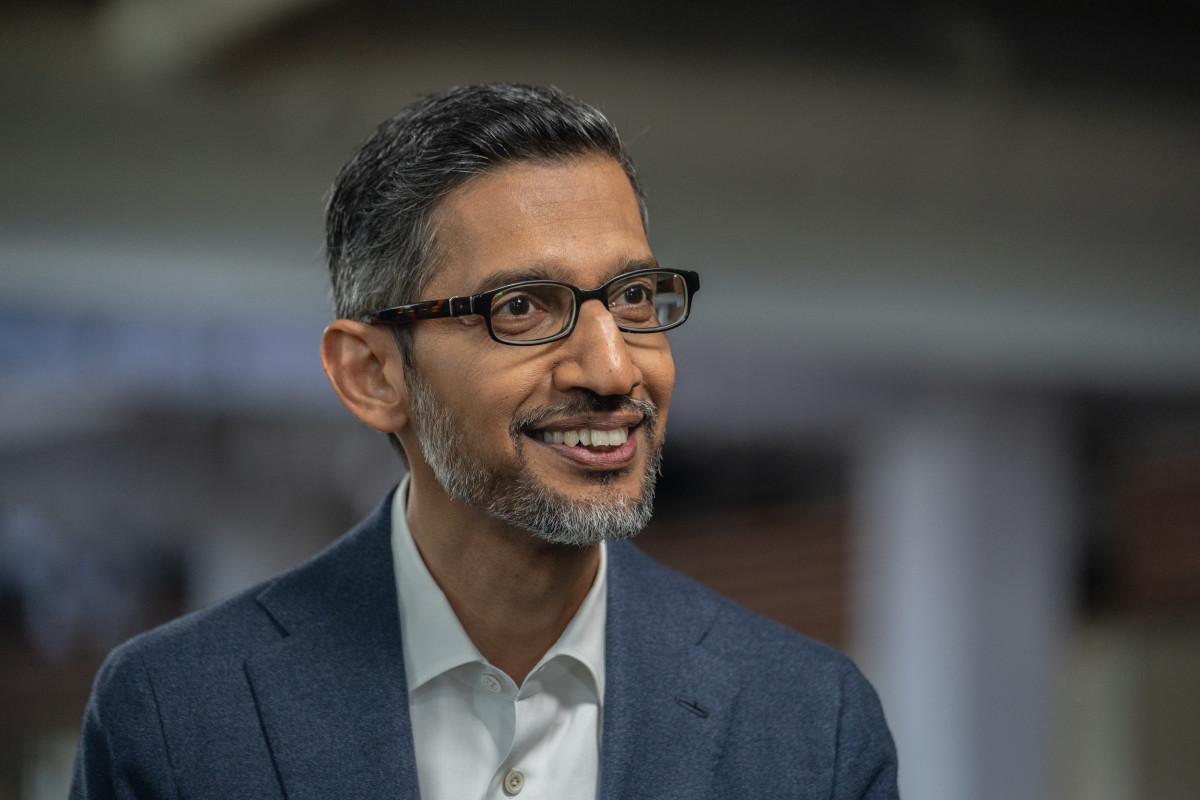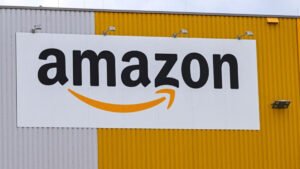It’s tough to see Google (GOOGL) potentially selling Chrome, but that’s not exactly the point.
When a rising AI search startup lays down a whopping $34 billion all-cash offer for the world’s most popular browser, it’s more about sending a message.
💵💰Don’t miss the move: Subscribe to TheStreet’s free daily newsletter💰💵
The battle for the internet’s future has everything to do with distribution. Chrome is the gateway to more than 3 billion users globally, and has become the default path to search, ads, and answers.
Whether the deal ever goes through doesn’t matter as much as the optics in the AI arms race.
Moreover, it’s not just about building better models anymore, but also about owning the front door.
AI is redrawing the future of search and the internet itself
It’s safe to say that search has officially entered its post-Google era.
Though Alphabet’s (GOOGL) Google dominates with roughly an 89.54% global market share, its grip is being tested not by links but by answers.
Since I/O 2025, Google has been aggressively rolling out AI Overviews, which are live for 1.5 billion monthly users across more than 200 countries.
Related: Why this eponymous AI stock popped 50% (and isn’t slowing down)
Google claims outbound links have been relatively stable, but publishers have seen referral traffic dry up over the past year.
In fact, a Pew report shows that users who see AI summaries are 50% as likely to click through (8%) compared to those who choose not to (15%).
On the flipside, OpenAI’s ChatGPT has gone from a mere AI chatbot to a full-blown search rival.
As of early August, it boasts roughly 700 million weekly active users along with an eye-catching $12 billion revenue run rate.
Perplexity eyes ChatGPT’s throne
Perplexity AI is a more direct competitor to Google’s Search business and has grown at a stupendous pace.
The AI search upstart sports:
- 30 million monthly users.
- North of 780 million monthly queries.
- A valuation near $18 billion, positioning it as a true juggernaut in the AI-native search space.
Other players, like Elon Musk’s xAI with Grok 4, are layering in real-time news and web data, which takes things up a notch in seamlessly balancing chat, search, and decision-making.
Also, with 58% of web usage now mobile, the fight to control the browser, keyboard, or app entry point is imperative.
SEO is splitting wide open, and it’s now all about showing in AI answers, getting cited, and building content that is machine-readable.
On top of that, Ad dollars are evolving from classical link ads to embedded shopping and context-based results.
In the meantime, we’re seeing publishers at loggerheads with companies claiming credit for their work, as AI lifts it without consent.
In the future, we may see AI agents taking over the internet that don’t just find info, but can book, buy, and do the job for you.
Perplexity AI makes $34 billion offer for Google Chrome
Perplexity’s jaw-dropping $34 billion all-cash offer for Google’s Chrome browser is less about a potential deal and more about making an emphatic statement.
The AI search startup just floated the massive unsolicited offer for Chrome, backed by investors.
Additionally, it also reportedly threw in sweeteners like keeping Chromium open-source, throwing roughly $3 billion into development, and keeping Google as the default search engine for now.
Related: Veteran analyst says Tesla Stock’s breakout rides on one key level
The real play is at Chrome’s 3 billion+ users, and owning that browser is effectively owning the front door to the internet.
The offer comes at an opportune time, too, when a U.S. court recently ruled that Google maintains an unlawful monopoly in search.
Though Google plans to appeal the decision, some reports suggest that a DOJ remedy may involve divesting Chrome, with Perplexity offering itself as a friendly buyer.
For Google, it’s a major pressure point.
Chrome is at the core of its big initiatives in AI Overviews, data pipelines, and ad targeting. Any crack in that control will result in swifter movement on critical issues like publisher attribution and traffic sharing.
Skeptics will contend that the offer is a long shot and perhaps even a PR stunt, but the strategic signal is clear.
The offer also adds to Perplexity’s brand equity, giving weight to its upcoming Comet browser launch. Whether or not the deal closes, the message is clear that AI search is now well and truly a game of distribution, funding, and policy leverage.
Google’s antitrust pressure is piling up across the U.S. and Europe
That said, Google is up against some major legal fire on multiple fronts, and the stakes are only getting higher.
More News:
- JPMorgan drops 3-word verdict on Amazon stock post-earnings
- Billionaire Bill Ackman floats bold fix for the housing market crisis
- Goldman Sachs revamps Nvidia stock price target ahead of earnings
Back in August 2024, U.S. District Judge Amit Mehta ruled that Google illegally maintained its search monopoly.
Remedy hearings are slated for this spring, with reports showing that DOJ floated the idea of a Chrome divestiture.
.Google, in turn, responded with its own proposal, defending its distribution deals.
The ad-tech case is even worse. Following a September 2024 trial, a federal court ruled in April 2025 that Google had effectively monopolized the “ad tech stack,” which is a massive win for the DOJ, which Google is now appealing.
If you thought things couldn’t get any worse, on the app-store front, the Ninth Circuit upheld a three-year injunction against particular Play Store incentives after a jury found Google in violation during Epic Games v. Google.
In Europe, things are also getting heated. Publishers in the region filed a complaint in July over AI Overviews, citing traffic losses, and the EU’s DMA rules threatening major fines with up to 10% of global sales.
The broader risk is that regulators could potentially impose structural or behavioral changes that could reshape how Google delivers search, ads, and AI content.
Related: Veteran analyst drops blunt 7-word take on AMD’s China deal



















